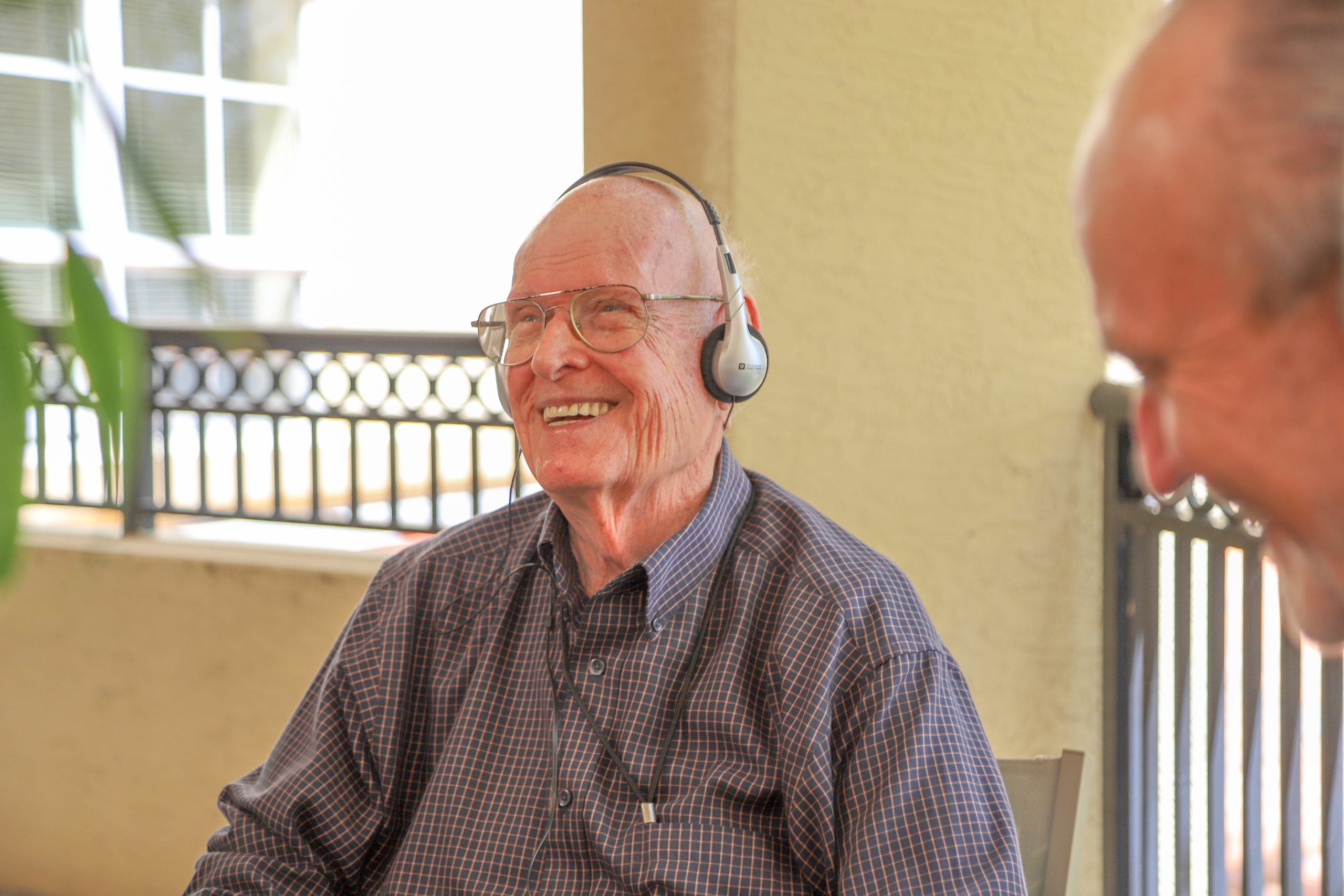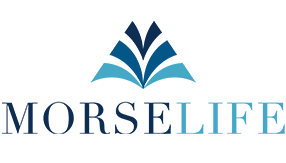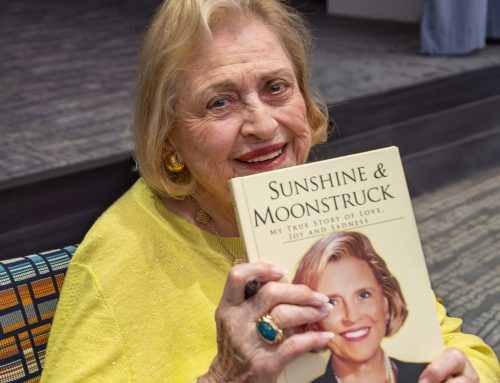
MorseLife Hospice & Palliative Care Offers Music Therapy to Relieve Pain, Anxiety and Improve Daily Living
The knowledge that music has healing properties is at least as old as the writings of the ancient Greek Philosophers, Aristotle and Plato. However, it wasn’t until after World War Two that music therapy was officially established as an allied health profession.
Today at MorseLife, we continue to recognize the tremendous mental and physical benefits of music therapy to our hospice and palliative care patients, integrating it into patient care whenever feasible. Defined as evidence-based interventions to accomplish goals within a therapeutic relationship, music therapy addresses the physical, emotional, cognitive, and spiritual needs of both patients and their families.
Music therapy can help decrease pain, reduce agitation, address respiratory distress, and decrease anxiety for patients living with a chronic or terminal illness. Music therapy can also be a non-threatening way to encourage life review and expression of feelings relating to the patient’s prognosis as well as provide the patient and family opportunities for meaningful and positive interaction.
No matter where we’re from or what language we speak, each of us has a soundtrack of songs that connects us to former versions of ourselves, which is why MorseLife encourages a patient-centered approach to music therapy. Hearing a song with lyrics that describe how we’re feeling in any given moment can be a cathartic experience that allows us to release emotions we may not have even realized were present within us.
Patients often become active participants in the therapeutic process, sharing stories and information about their lives intertwined with song. This can help facilitate a sense of closure and allow them to find meaning in their existence. Likewise, the soothing nature of rhythm and tempo combined with the timbre of a human voice or musical instrument can bring someone back to homeostasis when they’re in pain or distress.
Music therapy can also be a powerful way to create a legacy for a patient’s family members. Whether it’s through songwriting, compiling a playlist of the patient’s favorite songs, recording a video, or documenting their heartbeat, we can provide something tangible for families to hold onto.



